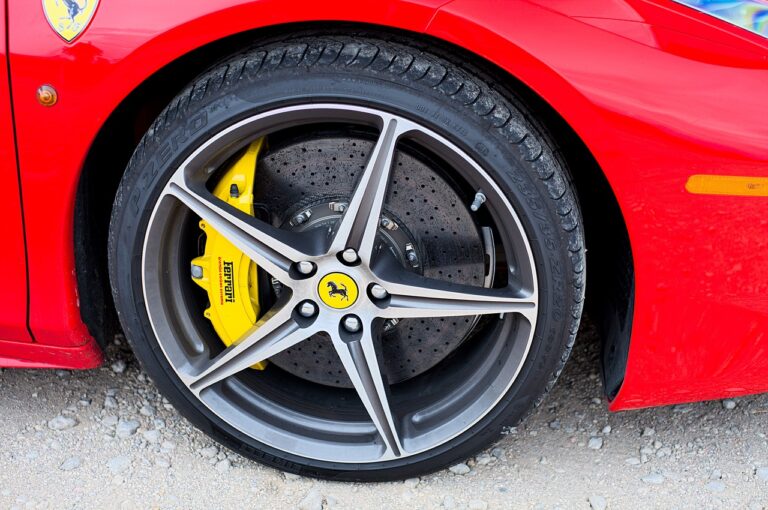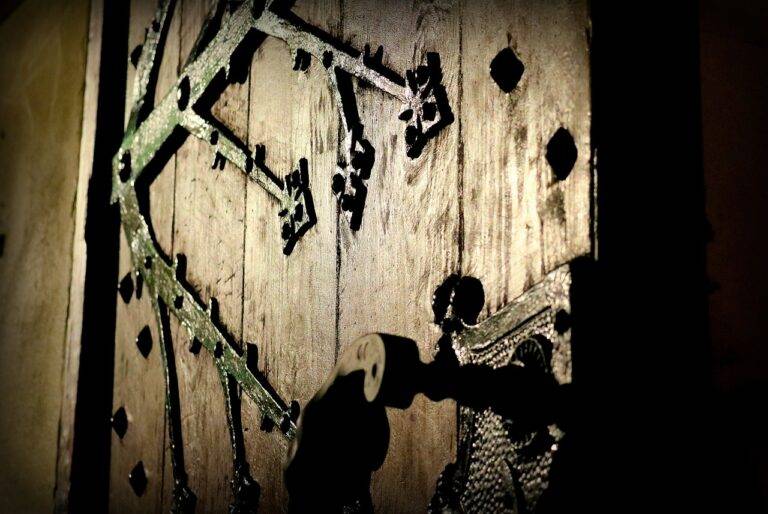The Art of Wine Auctions: Strategies for Buying and Selling Rare Bottles: Betbhai com whatsapp number, Playexch, Lotus365 in login password
betbhai com whatsapp number, playexch, lotus365 in login password: Wine auctions can be an exciting way to buy and sell rare bottles, whether you’re a seasoned collector or a newbie to the world of fine wines. The art of wine auctions involves strategic planning and a deep understanding of the market. In this article, we’ll explore some strategies for buying and selling rare bottles at wine auctions.
Research, Research, Research
Before diving into a wine auction, it’s essential to do your research. Familiarize yourself with the wines that are up for auction, the current market trends, and the estimated value of the bottles you’re interested in. Look at past auction results to get a sense of how much certain bottles typically sell for. This information will help you set a budget and make informed decisions during the auction.
Set a Budget
It’s easy to get caught up in the excitement of a wine auction and overspend. To avoid blowing your budget, set a maximum bid for each bottle you’re interested in. Stick to your budget, even if the bidding gets competitive. Remember, there will always be more opportunities to purchase rare bottles in the future.
Timing is Key
Knowing when to bid is crucial in a wine auction. Some experts recommend waiting until the last minute to place your bid, as this can catch other bidders off guard. However, others advise placing an early bid to show your interest in a particular bottle. Experiment with different timing strategies to see what works best for you.
Understand the Buyer’s Premium
Most wine auctions charge a buyer’s premium, which is a percentage added to the final hammer price. Make sure you factor this into your bidding strategy, as it can significantly impact the total cost of your purchase. Be aware of the buyer’s premium before placing any bids.
Consignment vs. Direct Sale
When selling rare bottles at a wine auction, you have the option to consign your wines or sell them directly. Consignment involves giving your bottles to the auction house to sell on your behalf, while a direct sale allows you to set a minimum price for your wines. Consider the pros and cons of each option before deciding the best way to sell your bottles.
Networking and Building Relationships
Attending wine auctions is a great way to network with other collectors, buyers, and sellers. Building relationships in the wine community can lead to new opportunities and valuable insights. Don’t be afraid to strike up conversations with fellow enthusiasts and industry professionals.
FAQs
Can I participate in a wine auction as a beginner?
Yes, absolutely! Wine auctions are open to anyone interested in buying or selling rare bottles. Take the time to educate yourself about the market and the auction process, and don’t be afraid to ask questions.
Is it worth consigning my wines to a wine auction?
Consignment can be a convenient way to sell your rare bottles, especially if you’re not familiar with the auction process. However, be sure to read the terms and conditions carefully before consigning your wines.
How can I determine the value of a rare bottle before bidding?
Researching past auction results and consulting with experts can help you determine the estimated value of a rare bottle. Make sure to set a budget and stick to it during the auction.
In conclusion, the art of wine auctions involves a combination of research, strategy, and networking. By following these tips and staying informed about the market, you can successfully buy and sell rare bottles at wine auctions. Happy bidding!







